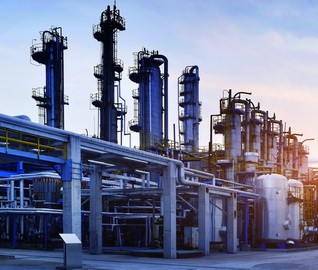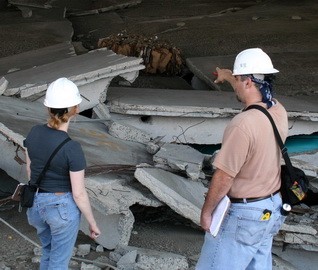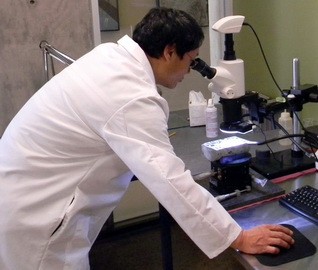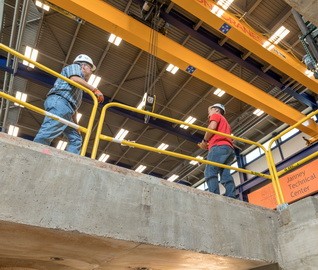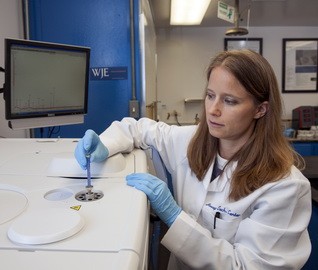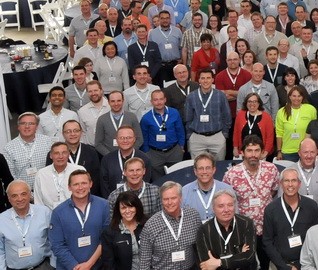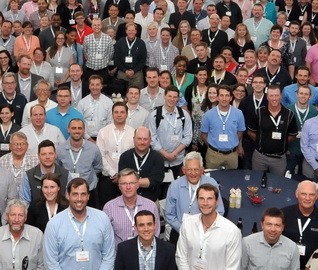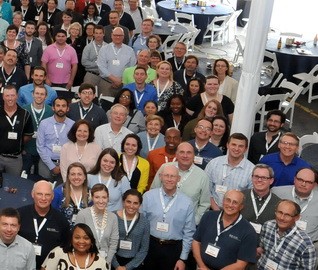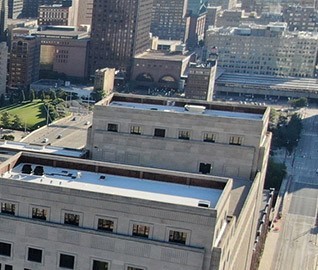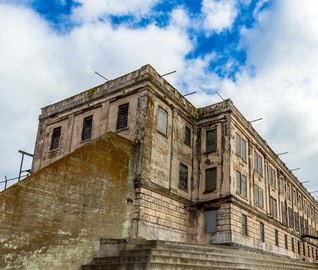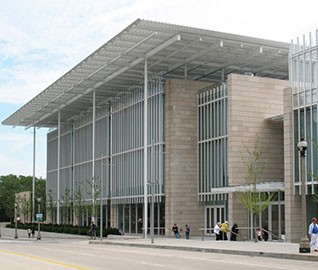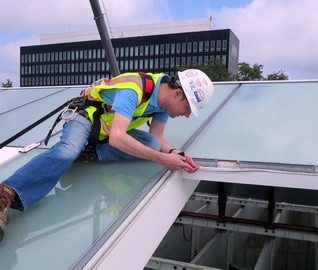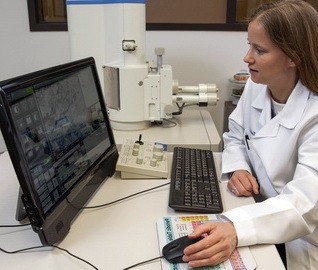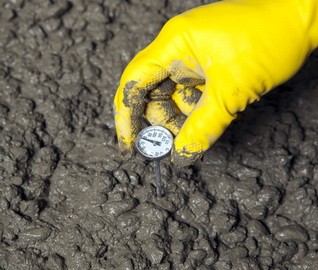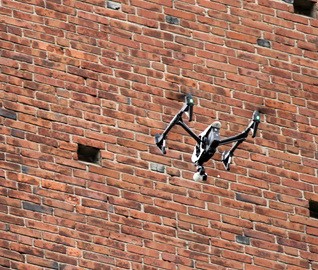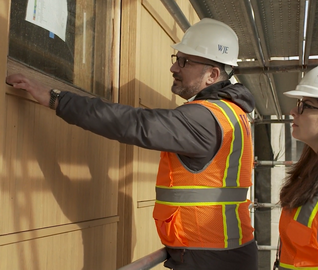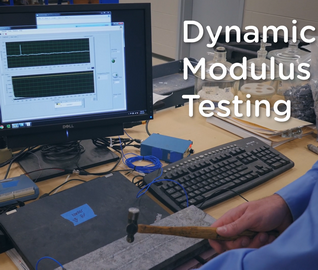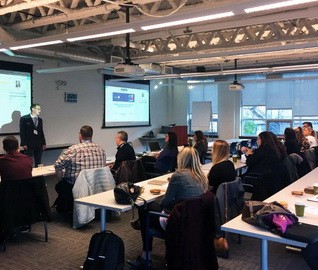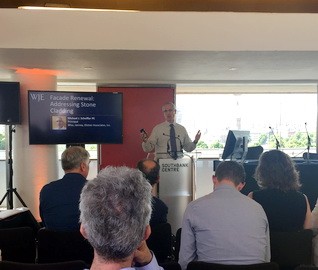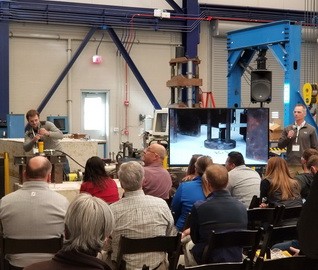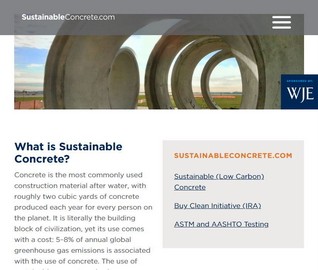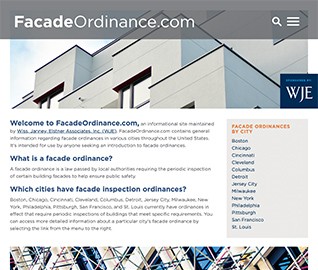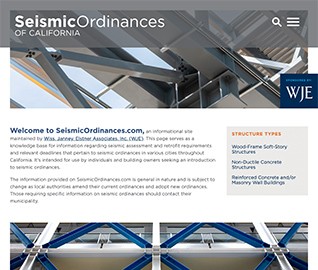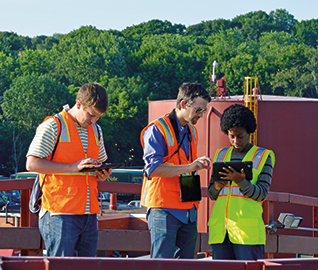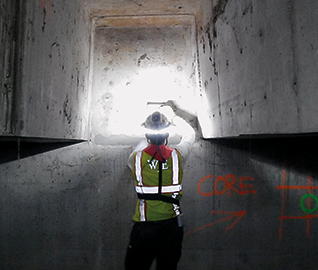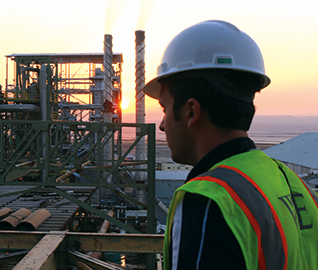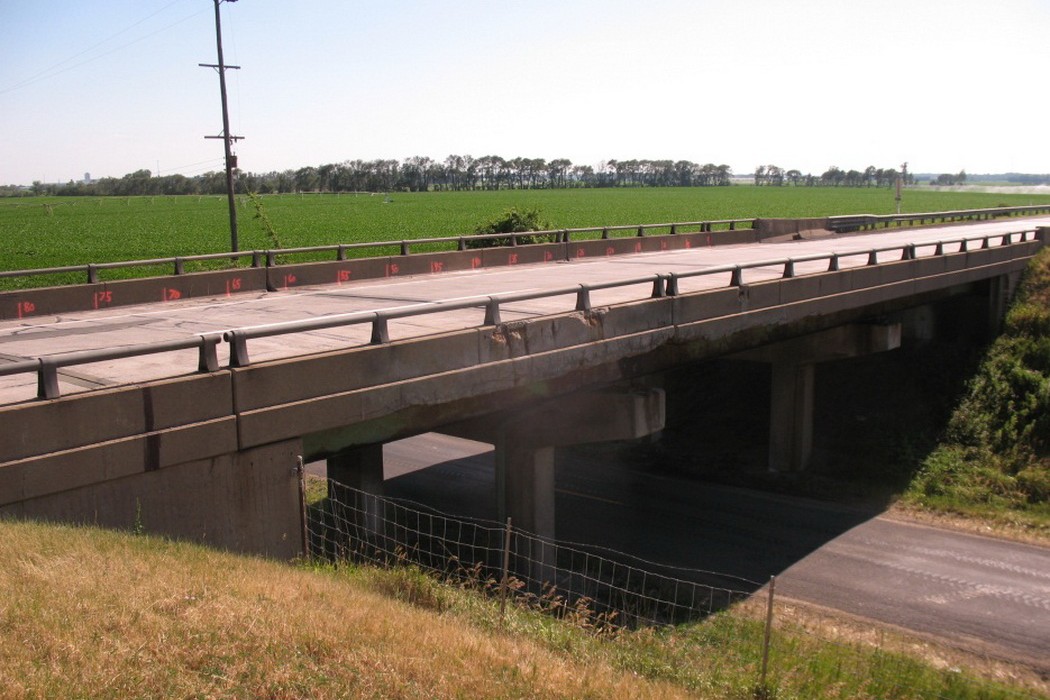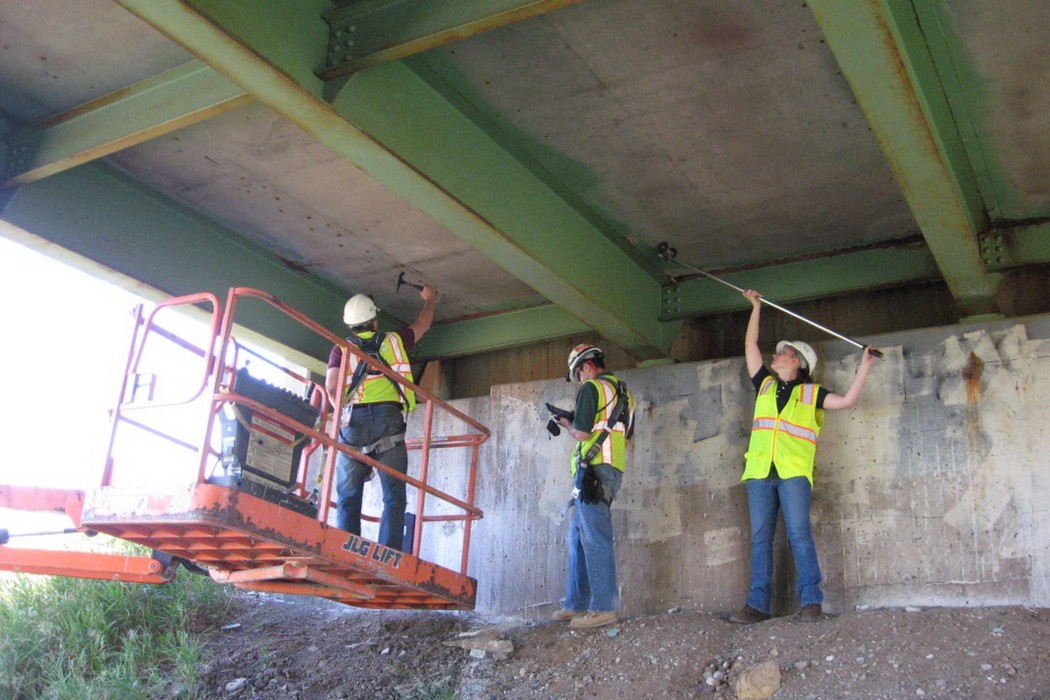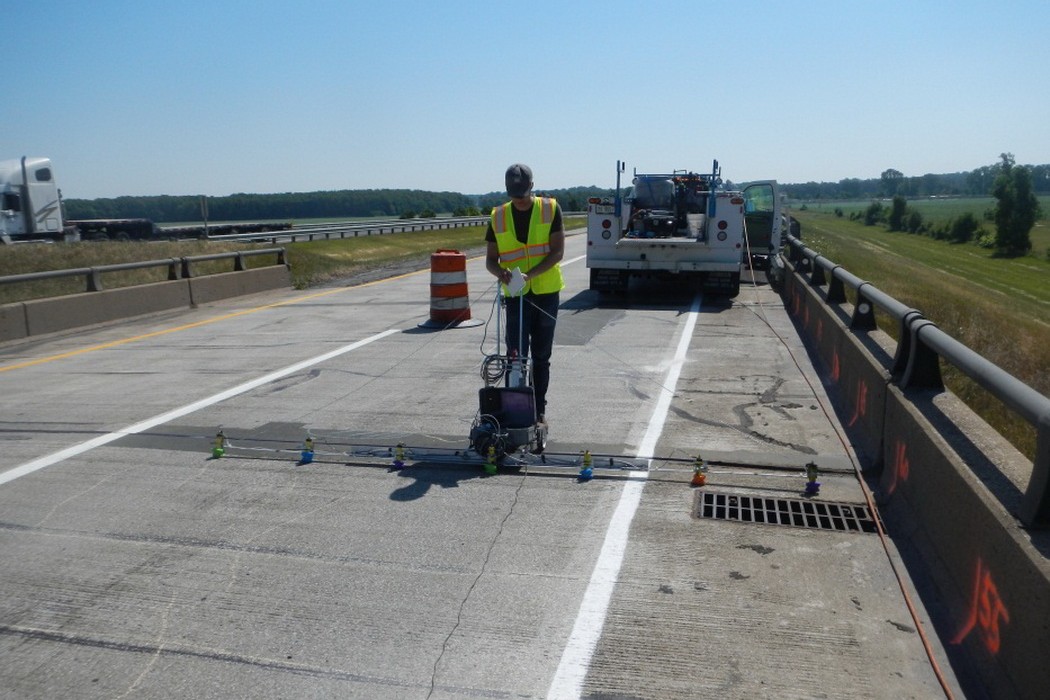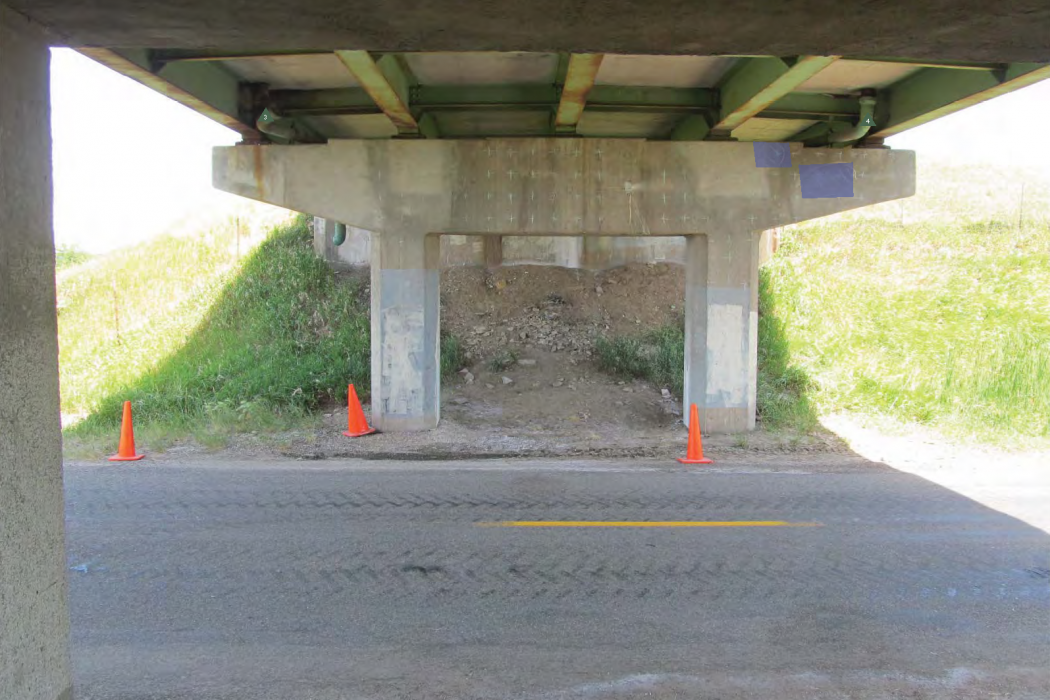WJE PROJECTS
Interstate 90 - Indiana Toll Road
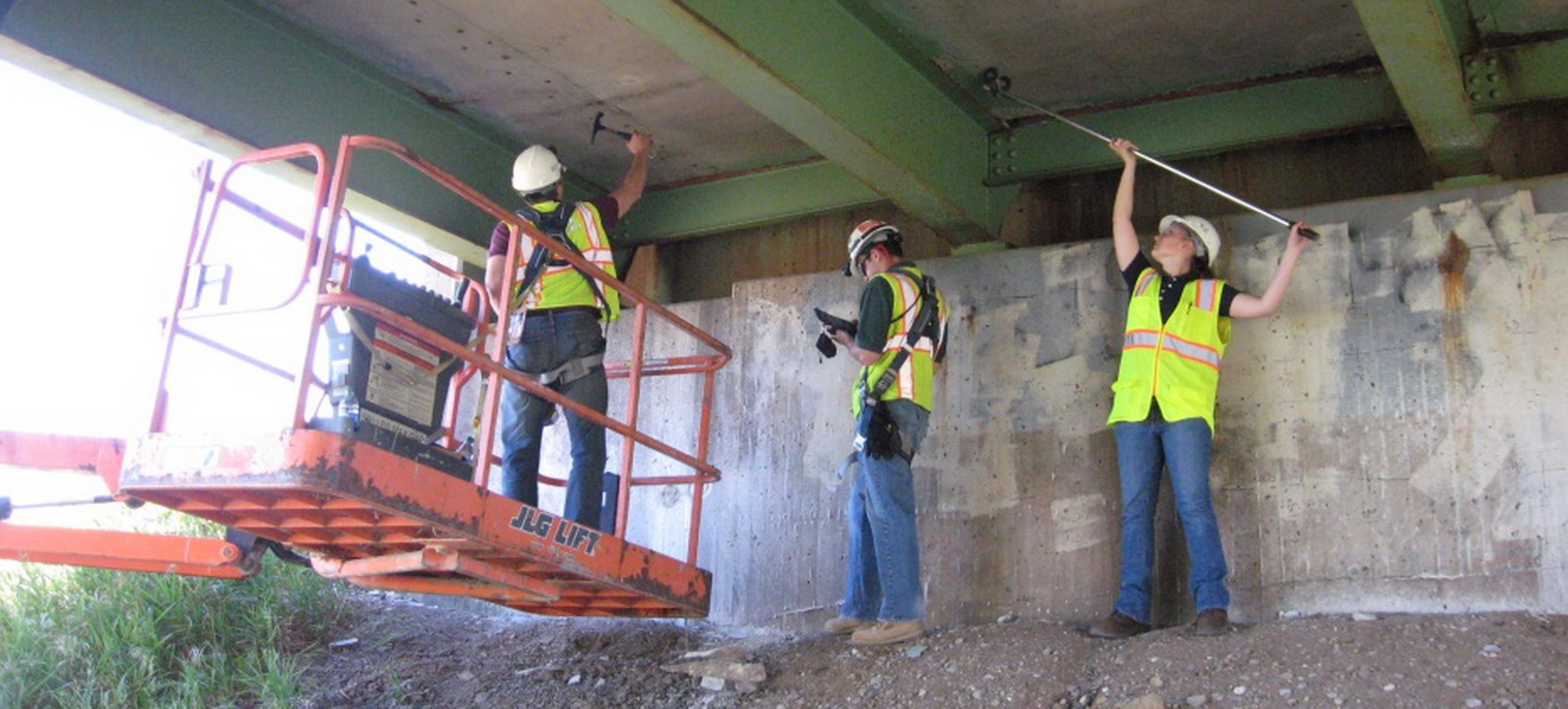
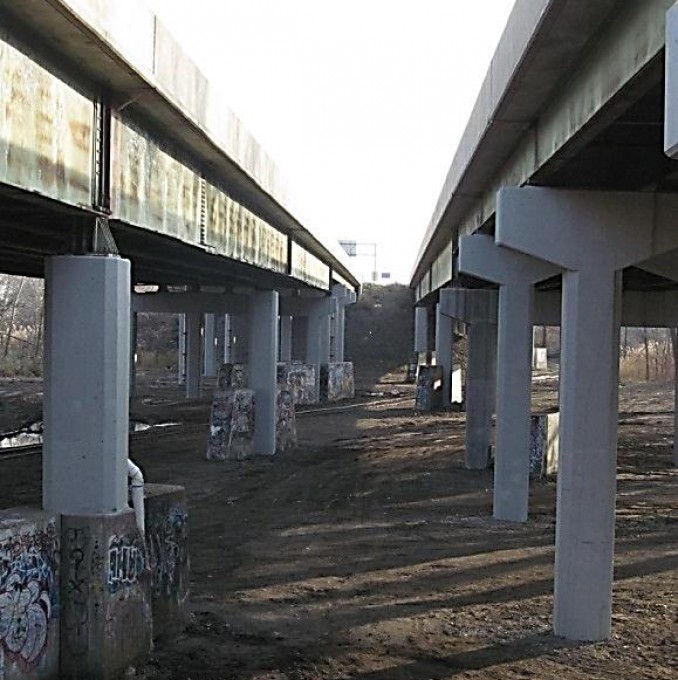
CLIENT |
Indiana Toll Road Concession Company (ITRCC) |
LOCATION |
Various Locations, IN |
Durability Studies, Structural Repairs, and Bridge Joint Elimination
In early 2012, WJE was asked to perform a detailed condition assessment of five multi-span bridge structures that were exhibiting advanced corrosion-related deterioration. Based upon preliminary assessments by other consulting firms, these structures had been slated for full deck replacement and several other costly modifications and repairs.
BACKGROUND
Originally constructed in the mid-1950s, the Indiana Toll Road (ITR) extends nearly 160 miles across northern Indiana and consists of hundreds of bridge structures of varying complexity.
The Indiana Toll Road Concessions Company, LLC (ITRCC) is a private entity responsible for maintaining the ITR for the duration of a 75-year lease of the facility from the State of Indiana.
SOLUTION
WJE performed a comprehensive evaluation of the bridges with the goal of first determining if the existing bridge decks could be salvaged and repaired in a manner that would lead to an additional 15 to 20 years of service life. Given that full deck replacement would have triggered significant geometric and roadway modifications, WJE focused first on performing detailed durability analyses and service life modeling to predict the remaining service life of the bridge decks as well as the concrete substructure elements. In a detailed field investigation, WJE collected necessary data to complete the durability studies, including half-cell potential measurements, chloride levels, carbonation testing, and as-built geometry using nondestructive techniques. The durability modeling and condition survey indicated that the bridge decks and existing concrete overlays could be addressed with simple patching repairs now and still be expected to perform serviceably for another 15 to 20 years, thus eliminating the need for costly deck replacement in the near term. WJE developed detailed plans and specifications for implementing these cost-effective repairs and also developed a novel approach for eliminating the bridge deck joints over piers and converting the abutments to semi-integral construction. Repairs were developed utilizing accelerated bridge construction technology to be implemented in five-day closures, thus avoiding long-term lane closures, significantly reducing anticipated traffic delays, improving work-zone safety for the motoring public, and minimizing lost toll revenues.
RELATED INFORMATION
-
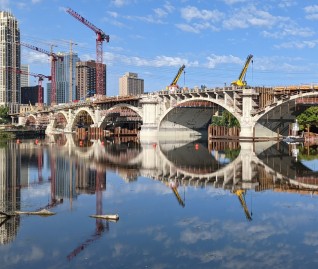 Our knowledge of bridge performance is supported by technical expertise in structural... MORE >Services | Bridge Engineering
Our knowledge of bridge performance is supported by technical expertise in structural... MORE >Services | Bridge Engineering -
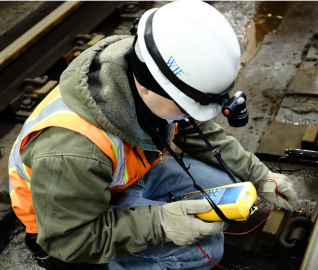 We have pioneered the use of nondestructive evaluation methods—such as ground penetrating... MORE >Services | Nondestructive Evaluation
We have pioneered the use of nondestructive evaluation methods—such as ground penetrating... MORE >Services | Nondestructive Evaluation -
 Our professionals deliver practical repair and rehabilitation services that maximize the... MORE >Services | Repair and Rehabilitation
Our professionals deliver practical repair and rehabilitation services that maximize the... MORE >Services | Repair and Rehabilitation


